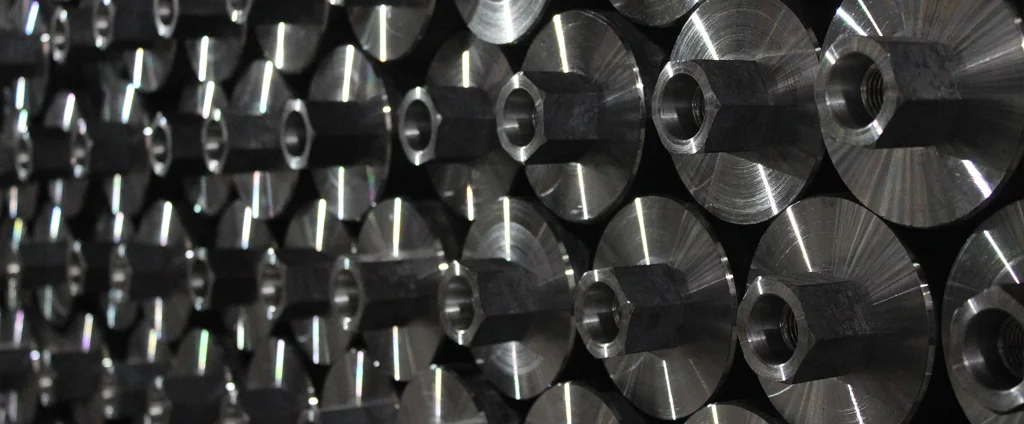SAE/AISI 1023 Carbon Steel (UNS G10230)

SAE/AISI 1023 is a low-carbon steel alloy valued for its excellent machinability, good formability, and cost-effectiveness. It is commonly used in the manufacturing of rods, wires, and structural parts, especially in processes like cold-heading and extrusion that require high workability and consistent mechanical performance.
| Chemical Composition | ||
|---|---|---|
| Element | Min | Max |
| Iron | 99.06% | 99.51% |
| Carbon | 0.19% | 0.25% |
| Manganese | 0.30% | 0.60% |
| Phosphorous | —— | 0.04% |
| Sulfur | —— | 0.05% |
The following table provides a list of SAE/AISI 1023 properties in both SI and US customary/Imperial units.
Click on the button to switch between Metric and Imperial units.
| Physical Properties | Metric |
|---|---|
| Density | 7858 kg/m3 |
| Mechanical Properties | Metric |
| Tensile Strength (Ultimate) | 380 - 480 MPa |
| Tensile Strength (Yield) | 210 - 410 MPa |
| Young’s Modulus (E) | 190 - 210 GPa |
| Bulk Modulus (K) | 140 GPa |
| Shear Modulus (G) | 80 GPa |
| Elongation at Break | 15 - 30% |
| Poisson’s Ratio (ν) | 0.27 - 0.30 |
| Brinell Hardness | 110 - 140 |
| Thermal Properties | Metric |
| Thermal Conductivity | 52 W/m·K |
| Specific Heat Capacity (Cp) | 470 J/kg·K |
| Coefficient of Thermal Expansion (αL) | 1.21×10-5 1/°C |
| Electrical Properties | Metric |
| Electrical Conductivity | 4.1×106 S/m |
| Electrical Resistivity | 2.4×10-7 Ω·m |
The values in this table are approximate and can vary depending on various factors such as the specific manufacturing process and heat treatment applied to the alloy.
Advantages & Disadvantages of 1023 Carbon Steel
| Advantages | Disadvantages |
|---|---|
| Cost-effective | Low strength |
| Good machinability | Limited hardness and wear resistance |
| Good formability | Limited heat treatment options |
| Good weldability | Limited corrosion resistance |
Applications of 1023 Carbon Steel
SAE/AISI 1023 is utilized in a range of industries due to its moderate strength, good machinability, and economical processing, including:
- Fasteners: Used in the production of bolts, screws, studs, and other fasteners.
- Automotive Components: Common in automotive manufacturing for parts like brackets, clamps, and other non-structural components.
- Machinery Parts: Found in machinery components such as couplings, spindles, levers, and linkages.
- Agricultural Equipment: Used for components like plow blades, cultivator tines, and harrow teeth.
- Construction Hardware: Employed in construction hardware such as nails, screws, hooks, and brackets.
- General Fabrication: Commonly used in brackets, supports, frames, and similar fabricated components.
- Hand Tools: Sometimes used in tools like wrenches, hammers, chisels, and screwdrivers, where moderate strength is sufficient.
